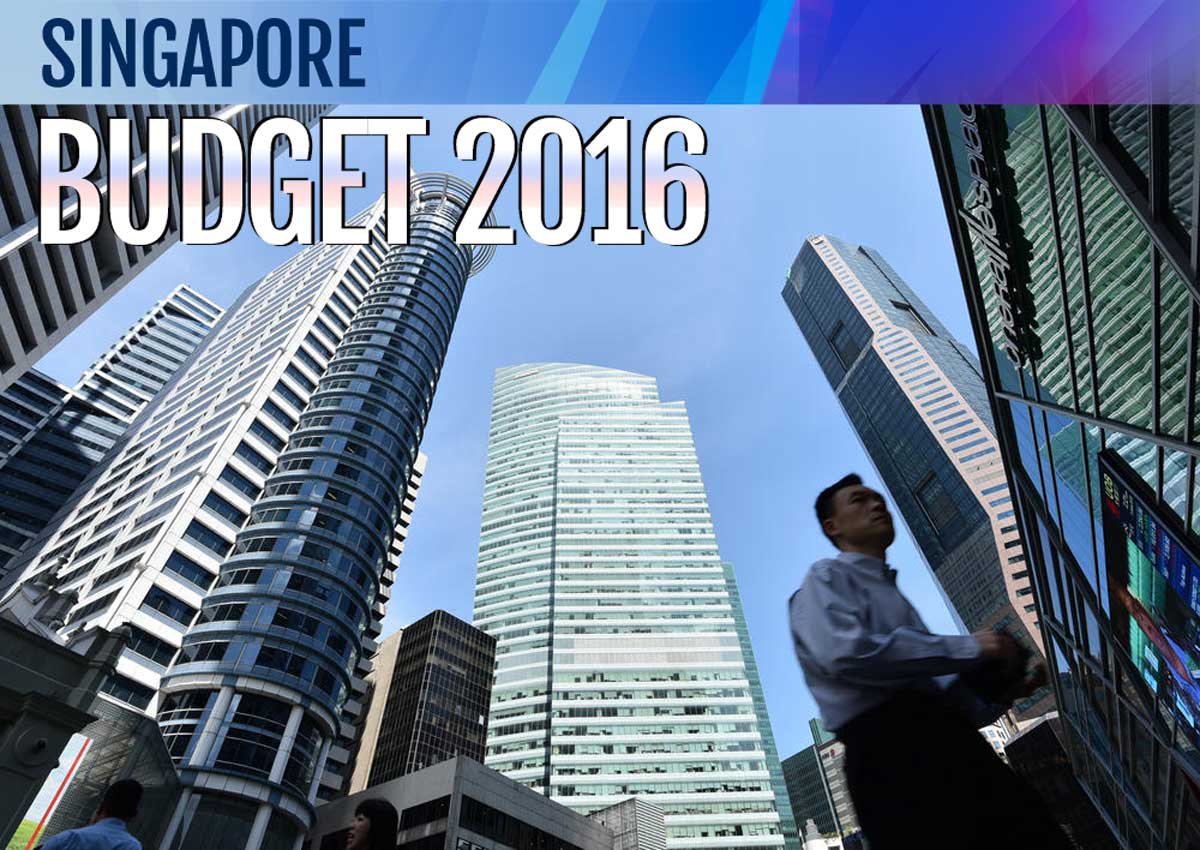Thursday’s Budget has excellent balance: between long-term and short-term; and between fiscal stimulus (through 7 per cent growth in expenditure) and keeping dry powder (through the $3 billion surplus). For me, three themes stand out from the Budget:
TRANSFORMATION
It is increasingly evident that Singapore’s role in the new world economic order needs to be rethought.
What brought us here – First World infrastructure in a Third World region, relying on foreign direct investment and exports – won’t be an adequate strategy to take us forward. Creating the world’s first smart nation may be the way to go. While much of the blueprint awaits the Committee on the Future Economy, I am very pleased by the substantive downpayment made in this Budget towards that agenda.
In particular, I want to call out the Jurong Innovation District, new trade platform and SME robotic/automation measures.
As part of the overall Industry Transformation Programme, each of these is an important step in the right direction, capturing initiatives around a new way to live, a new way to work, and a new way to consume data.
EFFECTIVENESS
In recent years, one of my reservations about many of our initiatives is that they have tended to be “scheme-centric”, and often lack an emphasis on outcomes.
This often results in confusion across agencies and schemes, with the end customer journey not adequately thought through. I am very encouraged by a different tack in this year’s Budget.
First, there is an emphasis on targeting industries and sectors instead of a scattergun approach.
Second, an emphasis on backing winners – growth capital through mezzanine fund, automation assistance to scale up – rather than the broad-based Productivity and Innovation Credit scheme.
Third, there is an embrace of partnerships rather than being government agency-driven. Finally, the desire to simplify and rationalise, as evidenced by the grants portal, is laudable. However, much needs to be done on the ground to improve effectiveness.
STIMULUS
Given the economic slowdown, a stimulative fiscal policy stance is appropriate, and there is evidence of that. An increase in spending on construction/infrastructure, healthcare, etc, is welcome.
Improved safety net provisions for the low-income, elderly and disadvantaged children are useful. The tax rebate for SMEs and extension of wage support schemes will provide some benefit.
However, my sense is that the Finance Minister has underestimated the strength of the deflationary forces upon us from the global and regional outlook.
Global growth is likely to be around 3 per cent, and China’s manufacturing slowdown (with the sector growing at around 2 per cent) is significant. Some greater fuel to kindle animal spirits would have been helpful, and reassessing property measures would be a low-risk way of achieving it.
Piyush Gupta is CEO of DBS Group Holdings.

This article was first published on March 26, 2016.
Get a copy of The Straits Times or go to straitstimes.com for more stories.



















